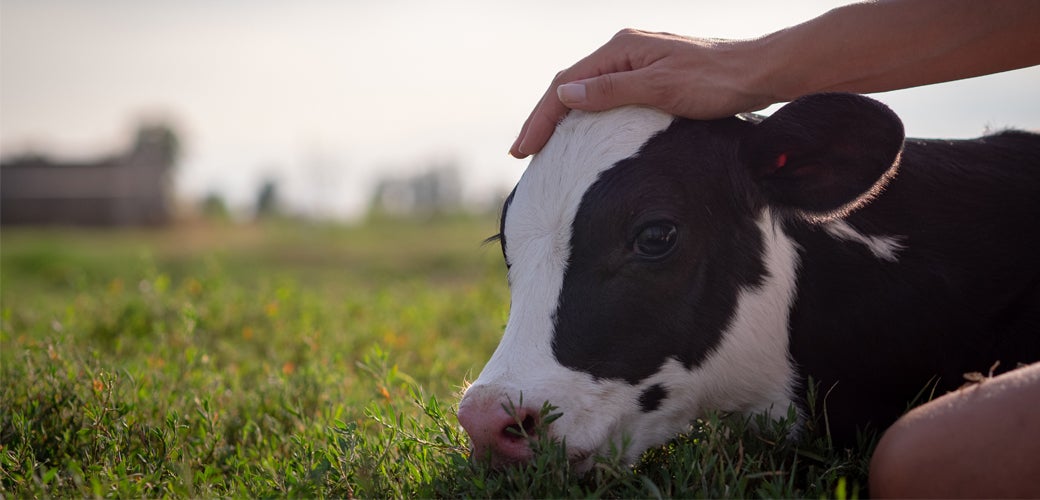65 Groups Come Together to Urge the USDA to Take Action to Reform Factory Farming

On February 26, the ASPCA led a coalition of 65 non-profits, farming groups, and companies that envision a brighter future for agriculture, animals, people and the environment, in sending a letter to newly confirmed U.S. Department of Agriculture Secretary Vilsack. The letter urges Secretary Vilsack to take action on three vital issues that will improve the lives of the billions of animals raised for food and reduce the influence of industrial agriculture practices that harm animals, farmers, workers and consumers: 1) stopping extreme-speed slaughter, 2) requiring better treatment of animals raised under the USDA Organic label, and 3) ensuring fair and just treatment of farmers across the country. Our groups are asking Secretary Vilsack to take these actions under President Biden’s executive order on protecting public health and the environment to tackle the climate crisis.
The new Biden-Harris administration has identified tackling the climate crisis as a top policy priority. If President Biden really wants to commit to addressing climate change, then his USDA must be committed to shifting away from toxic, inhumane, unjust factory farming. Stopping extreme-speed slaughter, reinstating the USDA Organic animal welfare standards, and regulating agricultural markets to protect farmers against predatory practices ensures that industrial agriculture is held accountable for its treatment of animals, farmers, workers and consumers and creates a new foundation on which to build the transition toward a more humane and resilient farming system. As we stated in our letter [PDF], “[i]ndustrial animal agriculture in the U.S. harms people, animals, and the environment, confining billions of animals in concentrated animal feeding operations (CAFOs) that generate hundreds of millions of tons of manure annually, polluting our air and waterways. Globally, industrial animal agriculture produces more greenhouse gas emissions than all the world’s transportation combined. The animal agriculture industry as it exists today presents serious public health risks, contributes to climate change, cultivates the decline of rural communities, and exacerbates and perpetuates racial injustice.”
The COVID-19 pandemic has increased public awareness of the serious harms caused by industrial animal agriculture and highlighted the plight of animals, workers, farmers and communities trapped in this inhumane system. A recent survey [PDF] showed that there is already strong, bipartisan support for reforming industrial agriculture, including the 82% of respondents who believe the government should slow line speeds to protect animals, workers and public health.
We are heartened that so many groups joined together to send a clear message to the USDA that we can build a better, more resilient farming system that is kinder to animals, people, and the environment – starting with these actions. To learn more about the ASPCA’s policy work and get involved in the fight against factory farms, we encourage you to join our Regional Advocacy Field Team! You can also help farm animals and push the transition toward a more humane food system forward every day, no matter what you eat, by using the ASPCA’s Shop with Your Heart guide.
Source: Read Full Article


